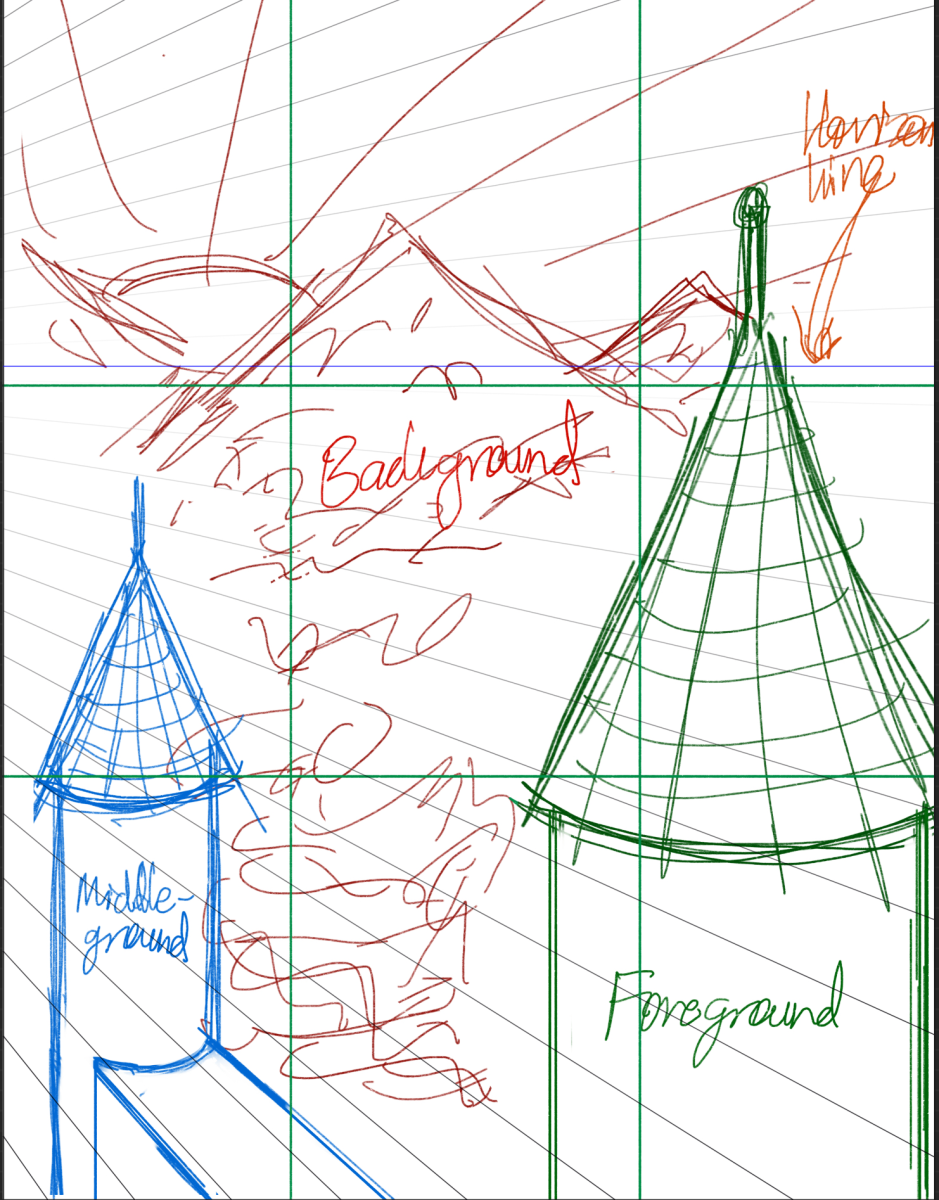“Fast fashion,” a fairly new term, is one we hear tossed around a lot but its lighthearted title undermines the fact that it has some of the worst environmental impacts of our time. It is fueled by big corporations relentlessly pushing out new trends and styles, which often fade as quickly as they emerge. Beyond the rapid obsolescence of these products lies a more sinister problem: the clothing industry’s devastating impact on the environment. Textile production is responsible for 10% of global carbon emissions. This makes the effort to try and eliminate fast fashion from our day-to-day one of the most important steps we can take to combat climate change, take a stand on unjust working conditions, and have a more sustainable and unique wardrobe.
The exploitative labor practices within the fast fashion industry are utterly alarming and demand attention. Numerous reports have exposed the unethical treatment of workers, highlighting issues such as underpayment and even child labor. Many garment workers, predominantly located in countries with lax labor regulations, are paid extremely low wages that are far below a living wage. This just perpetuates a cycle of poverty and injustice, where workers struggle to meet their basic needs.
It’s been found that children are involved in the production of fast fashion garments. Common Objective (CO), a global business network for the fashion industry, provides this statistic: out of 151.6 million laborers aged between five and 17 years, almost half of them are found doing hazardous work, including in fashion supply chains. These children are denied an education, subjected to hazardous working conditions, and forced into labor at a young age.
Fast fashion is not only fueling the fashion industry, but also causing significant harm to the environment. The fast fashion supply chain commences with making synthetic fabrics using crude oil and overutilizes natural resources, which destroys the environment. This expansion of the fashion industry subsequently leads to production in countries without strict environmental regulations, such as China and India. These countries are then burdened with waste disposal, leading to the dumping of massive amounts of textile waste into landfills that harm the earth. This industry’s environmental impact has been damaging the planet, from excessive water consumption to the release of toxic chemicals into the air, land, and water.
The fashion industry’s alarming environmental and humanitarian impact urges us to become more conscious consumers and take immediate action. Small, individual changes can collectively make a considerable difference in mitigating the fashion industry’s harmful effects on the planet and its inhabitants. Changing our consumption habits and consciously making the choice to avoid fast fashion is essential to reducing the harm the fashion industry has already caused.
So what can we do about it? As individuals, we can play an active role in effecting change through conscious shopping, supporting sustainable brands, and advocating for a shift in consumer culture that values quality over quantity. By embracing sustainable fashion, we can reverse the destructive damage of fast fashion and create a better, healthier world for all.
Consider:
1. Thrift shopping: Explore secondhand stores and online platforms for unique and affordable fashion finds. In Johnson, the United Church of Johnson’s thrift store and Mud and Lace Consignment are great options for sustainable buying. Elsewhere in Lamoille County, Second Chance, in Morrisville; Creative Consignments, in Stowe; and ReSource, in Hyde Park, have some great finds. If leaving campus just isn’t an option, ThredUp and Poshmark are excellent online sites that sell high quality used clothes.
2. DIY projects: Get creative and repurpose old clothing into new and trendy pieces, reducing waste and promoting sustainability. Sewing on patches, dying a stained shirt, taking time to readjust pieces to fit you better are all great ways to keep clothing out of landfills.
3. Doing your research: Take your time to invest in sustainable and ethical brands. Seek out fashion brands that prioritize eco-friendly materials, fair labor practices, and transparent supply chains.
4. Clothing swaps/ Hand-me-downs: Ask your siblings, friends, or coworkers if they have any clothes they have outgrown or plan on giving away to refresh your wardrobe without buying new items.
By making these small changes in our shopping habits, we can collectively make a significant impact on combating the harmful environmental effects of fast fashion. Let’s embrace sustainable fashion and pave the way for a healthier and more responsible future for both people and the planet.










